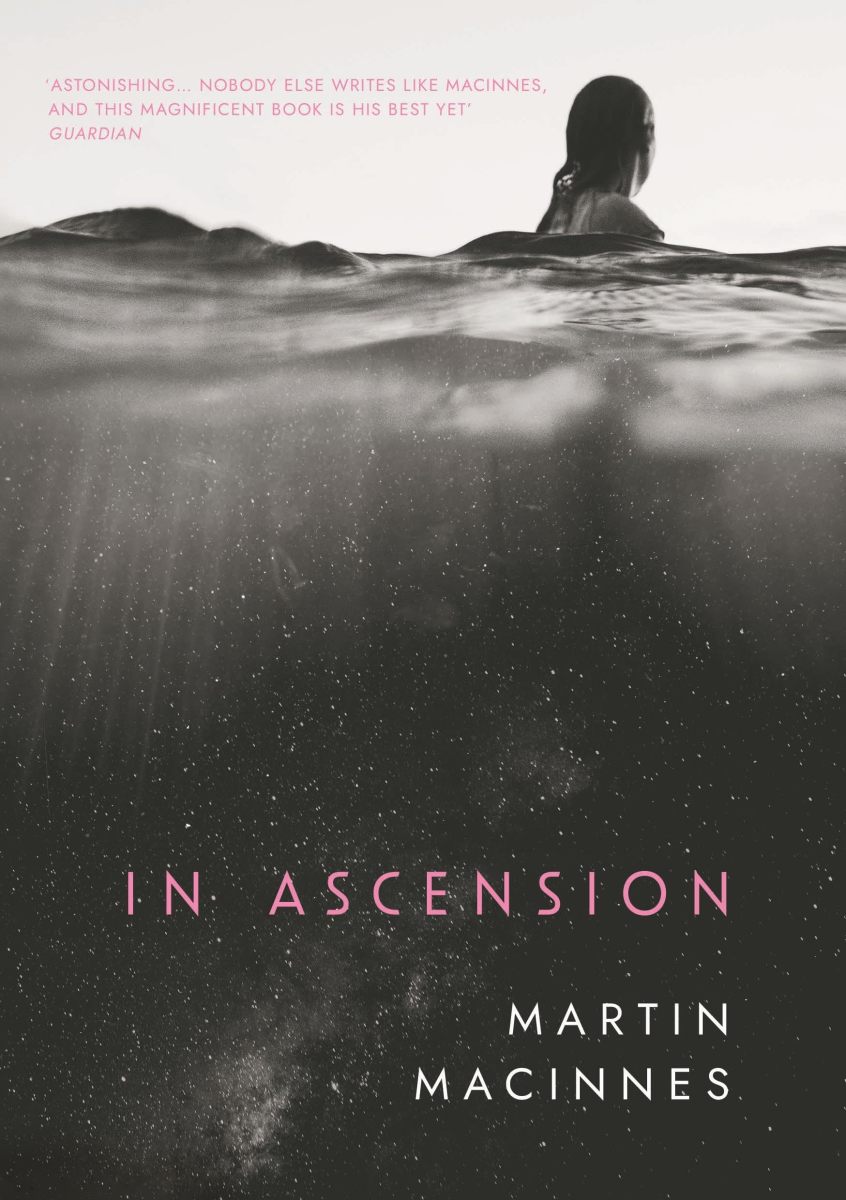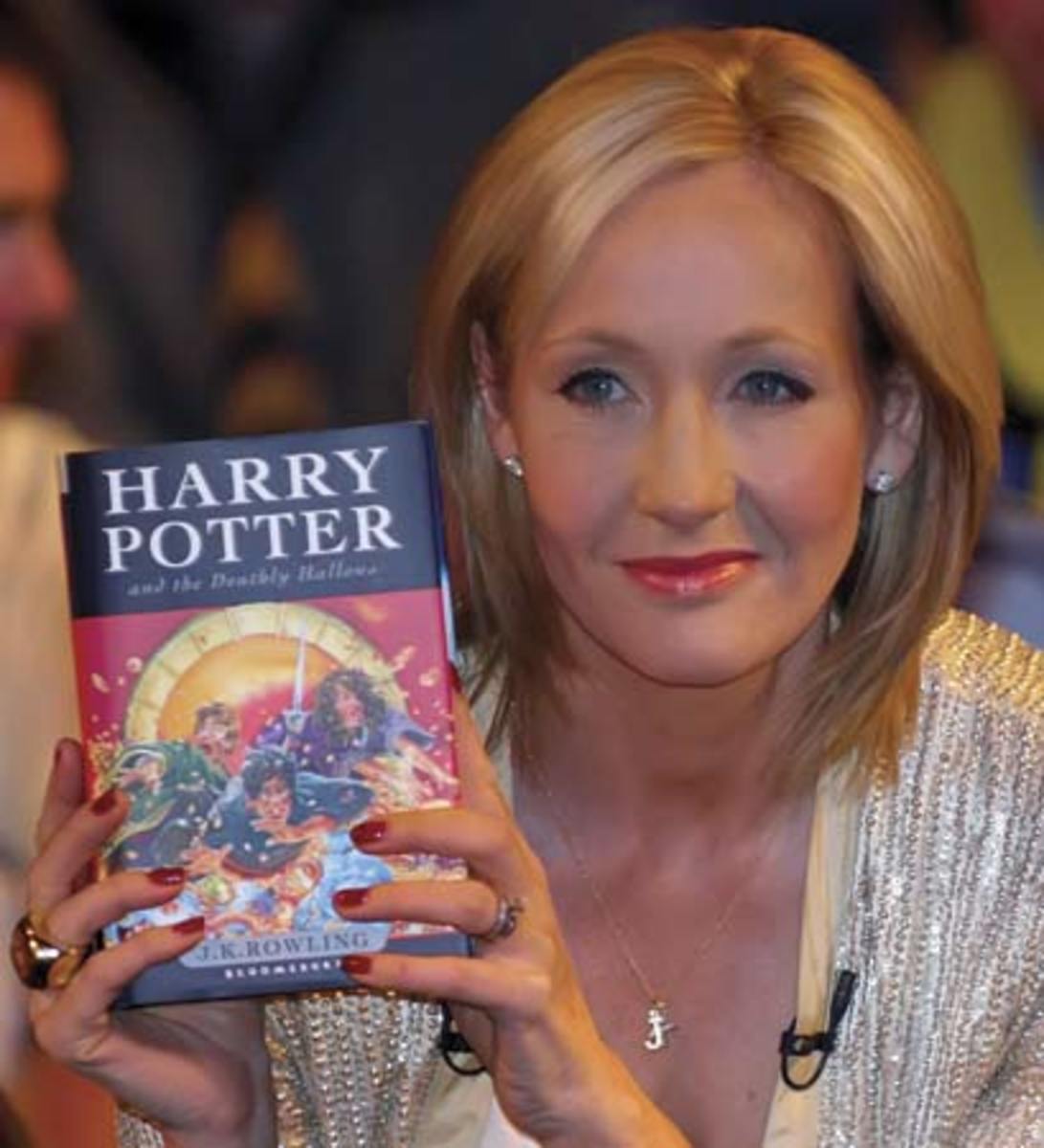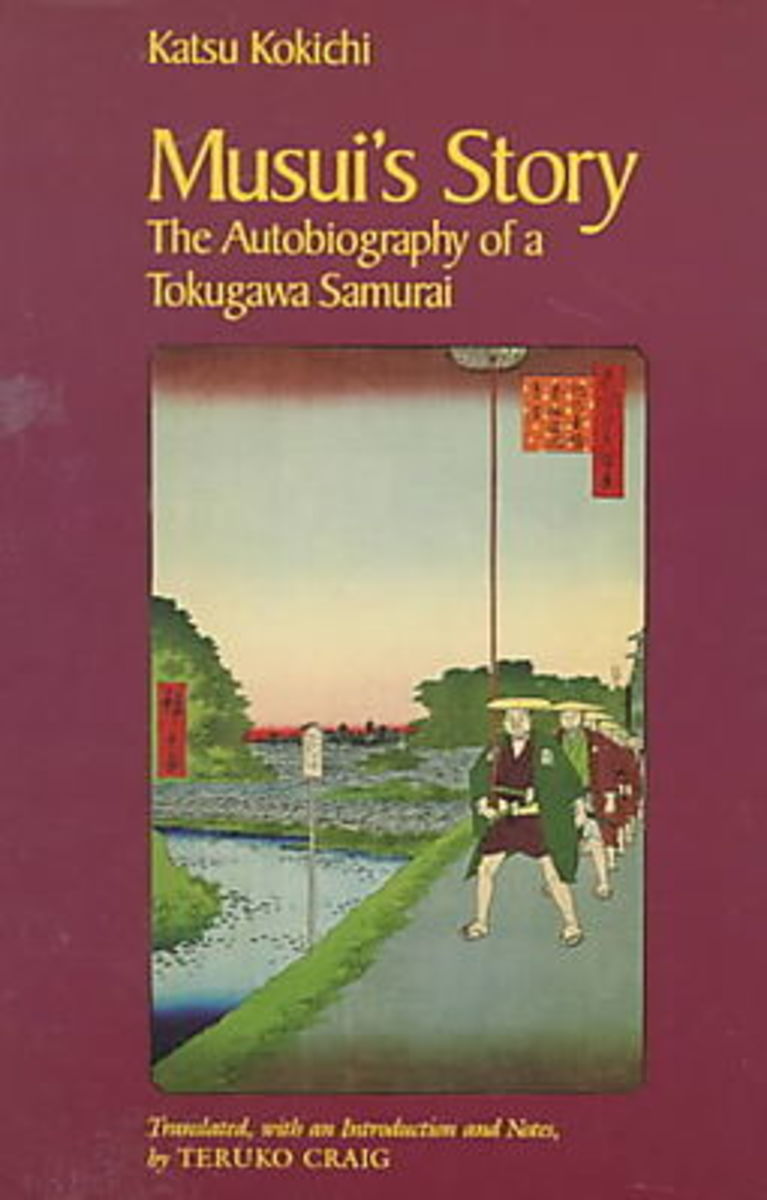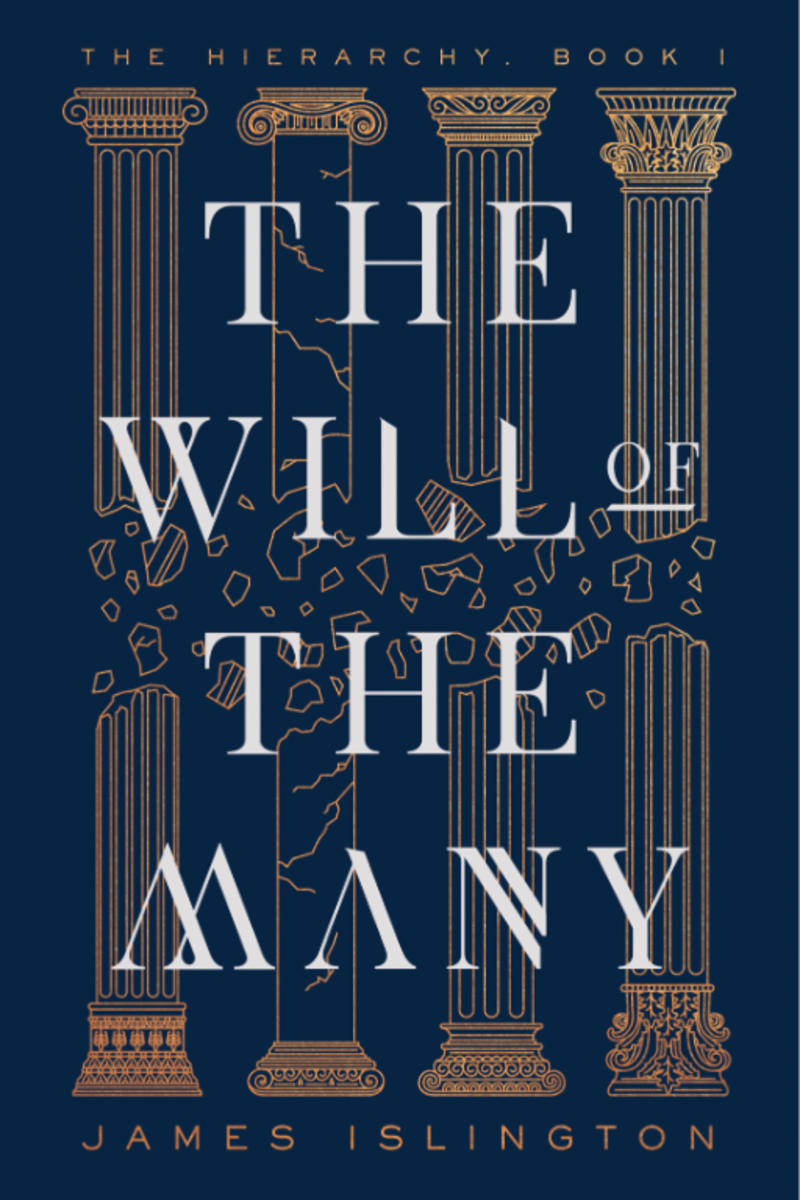The Brethren by John Grisham: (A Book Review)
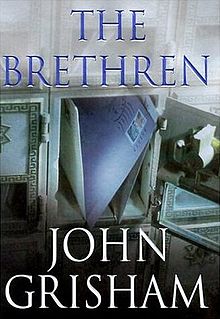
Welcome to this review of John Grisham's novel, The Brethren. Once again, let me say that I realize that this review is several years late. But as I have mentioned before, I do these reviews as much for me as for any informative value they may have for you, the reader. Each time I write one of these I'm trying to figure how to do it. You see, I'm not "fooling around," as it were. I desire to perfect the form, make it my own.
What this means, in part, is that I have given myself the task of always coming up with concrete, objective criteria to render some kind of judgment on a work of art. I once compared the ideal critic to a competent building inspector, who does not let her aesthetic tastes cloud her judgment as to whether x structure is fit for human habitation.
Those of you who are familiar with some of my scribblings on criticism, may recall that I have a 'two-worlds' test in evaluating contemporary speculative fiction in film and television. You may recall that, in my view, The Matrix trilogy of films failed this 'two-worlds' test of mine, and therefore failed artistically. On the other hand, the Buffy The Vampire Slayer television series (starring Sarah Michelle Gellar) and its spin-off, Angel (starring David Boreanaz), passed this test with flying colors, and therefore succeeded marvelously on an artistic and commercial level.
But let us put all of that to one side. We are here to review The Brethren, a novel by John Grisham. So let's do that!
The book
What kind of book is this anyway?
This is a very good question, of course, because in order to do a fair review of a book, we should first be very clear about what it is. This is absolutely crucial. Only when we have learned what it is can we make some judgment about what it was trying to do, and whether or not it succeeded.
This is NOT a mystery novel. The Brethren is not a whodunnit. There is no question about who did what to whom.
This is NOT a suspense novel. There is no sense of peril. There is nobody 'running on adrenaline,' if you know what I mean. There is nobody that is in immediate, direct physical or psychological danger; no one is really in a precarious situation. It never occurred to me to be tense about the outcome. I was absorbed, interested all the way through the novel, but suspense is not where its interest comes from.
This is NOT a thriller novel. I mention this because a lot of people briskly say that 'John Grisham writes legal thrillers.' But this is not a thriller to my way of thinking, simply because you do not have the 'race against time' dynamic going on. The 'race against time' thing is not present in any of Mr. Grisham's books, that I am aware of.
I define the 'race against time' this way: The hero(s) have to find some disk or book or amulet or other device and use it in some way within a certain time period, or before 'zero hour,' as it were. Or the hero(s) have to pressure, through 'enhanced' means, some 'terrorist,' so that he will tell you where the bomb is, which is set to blow up Akron, Ohio or something. The television series, 24, featuring the U.S. special operative Jack Bauer (Kiefer Sutherland) is very much in this mold.
So, a 'race against time' means precisely that -- the hero(s) must do something within a certain time frame to prevent catastrophe. This dynamic is not present in The Brethren, yet it is present to a limited degree in his novels, The Pelican Brief and The Firm.
I thought it was important to go through what the novel is not because one might read it, expecting it to do things that it was not designed to do. If you approach the novel expecting 'mystery,' 'suspense,' or a 'thriller,' you will probably be disappointed; but your disappointment will be largely based on a misapprehension about what the book was designed to accomplish; and I would not be doing a fair job as a 'reviewer' if I failed to nail down the precise nature of the book.
What the book is, is a crime novel, almost (and I stress ALMOST) a literary crime novel -- but not quite. Those of you familiar with my scribblings on criticism know that I have defined literary crime fiction like this: If you remove the crime and you still have an interesting, compelling story, then what you're looking at is a literary crime novel. Some of you may recall that, for me, Ian Pears's novel, The Portrait, met this standard. For me, this is a sign of rich characterization and an otherwise intellectually and psychologically compelling plot, dialogue, and interior life of the characters.
One could ALMOST remove the crime and all traces of it with Mr. Grisham's The Brethren. Or, if one wanted to maintain its criminal elements, one could remove the suspenseful or 'thriller' consequences of the crime and simply focus on the angst of the criminals, maintaining a rich story. That is to say, one could ALMOST do that with The Brethren.
Removing the crime would not QUITE work with this novel, however, because the crime or criminal activity is intimately linked with the criminals's hope for redemption of a kind. It is made clear from fairly early on that the protagonists -- three defrocked judges in their sixties, Joe Roy Spicer, Hatlee Beach, and Finn Yarber -- are committing their crimes so that they can earn enough money to start new lives. In other words, their criminal activity is, for them, a means to an end -- a bridge from where they are to where they want to be. We are supposed to understand that their future prospects are, otherwise, quite slim.
This is not the case with The Portrait. It would have been possible to end it quite differently -- without any 'crime,' which directly led to another crime. This story was about an artist who works on a portrait of 'an old friend,' in which the artist makes use of light and shadow to bring out various aspect of his 'old friend's' character. One could have put a kind of 'Dorian Gray' spin on the thing without recourse to two murders -- one that almost surely happened and another that is also surely about to be committed in righteous revenge.
But anyway, I digress yet again.... let us get back to The Brethren.
Mr. Grisham's novel is crime fiction, a crime drama if you like. As I said, it is ALMOST a literary crime novel, so you should understand that rich characterization and a sense of angst is involved. There is almost no physical violence in this book (no car chases, shoot-outs, or Kung Fu fighting, or anything like that). There is one bit of necessary bit of rough stuff, but when it comes it the reader is not taken through the episode in detail. In fact, the stage is set for the event, and we are taken to a certain point then .......... (there is a chasm) and then we find out the result: him that needed to be dead is dead! And that's it for the violence.
John Grisham's writing style
The biggest reward, for me, in reading Mr. Grisham's novels is his writing, which I think of as being spare without being austere.
What do I mean by spare without being austere?
John Grisham, along with the late Mario Puzo, Elmore Leonard, the late Philip K. Dick, Colm Toibin, Dashiell Hammet, Raymond Chandler, and others, strike me as writers who had thoroughly learned the lessons Ernest Hemmingway had to teach us about writing effective prose.
Hemmingway was an ambulance driver and war corespondent during World War One. He sent his stories back home over the telegraph wire. You were charged by the word, therefore a premium was placed on brevity and concision. He carried over this approach to his fiction writing.
The lessons
Don't use an excess of adverbs and adjectives in your prose writing. The story has to be able to stand up on its own. If it cannot, no amount of language manipulation (i.e., 'He opened the creaking door very slowly,' or 'She wielded the gleaming knife menacingly,' etc.) is going to make it any better.
Mr. Grisham's writing is in this tradition, spare, tight, and taut yet full of life, colorful, vibrant, and individualistic. Grisham's writing, along with that of the late Mario Puzo (The Godfather), brings an ironic worldview to the page. John Grisham always shows high regard for his characters, drawing them humanely, sympathetically, and three-dimensionally, yet maintaining a distance from them, not quite taking them (the characters) as seriously as they take themselves. That is what I mean by irony in this context.
Grisham never gives you vaudevillian melodrama.
The plot very briefly
We find three former judges, in their sixties -- Joe Roy Spicer, Hatlee Beeche, and Finn Yarber -- serving time in a federal prison in Florida for graft, drunk driving vehicular manslaughter, and tax evasion respectively. They spend their time: walking laps around the running track, officiating minor disputes among their fellow inmates, feeling sorry for themselves, regretting mistakes of the past, lamenting the existential injustice of their situations, and daydreaming about the brand new shiny lives they will lead when they get out of prison.
The three of them also spend a considerable amount of time working on their mail corespondence extortion scheme. What they do is write personal ads in gay magazines. They represent themselves to be a young, college-educated, twenty-something young man, looking for love and companionship. They express a preference for men in their forties and fifties -- men old enough to be well established and prosperous in good careers, and therefore well fixed financially.
It is important to the Brethren (which is what the three former judges call themselves) that their corespondents be men still living 'in the closet.' This means that the corespondents are using fake names to identify themselves.
Letters are exchanged. In the meantime, the Brethren's lawyer, one Trevor Carson, takes steps to find out the true identity of the corespondents behind the pseudonyms. When the time is right the Brethren spring the blackmail trap, demanding tens of thousands of dollars from the victim to keep the trio from making his secret known to his friends, family, and colleagues.
There comes a point when the Brethren's scheme traps the WRONG PERSON, a powerful and popular, CIA-backed politician making a triumphant ascent to the presidency of the United States......
Alright, I'm going to leave it there. Let me recommend that you read The Brethren, and all of John Grisham's books -- if for no other reason than to get an invaluable education in the very art of writing! Elmore Leonard, another star pupil of what I think of as the Hemmingway school, was once asked in an interview, what the secret of his commercial and critical success was. Leonard said that he just didn't bother writing those parts that people usually skip when reading anyway. That is excellent advice if you ask me!
Thank you for reading.
Ta-Ta!

